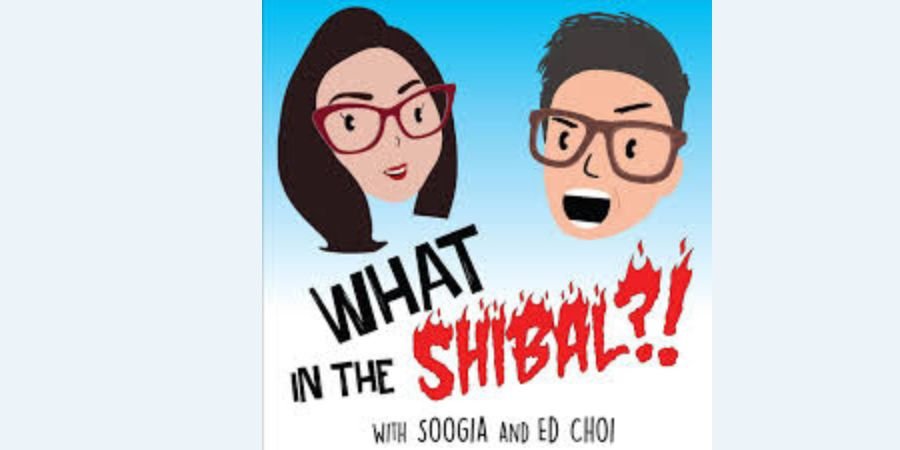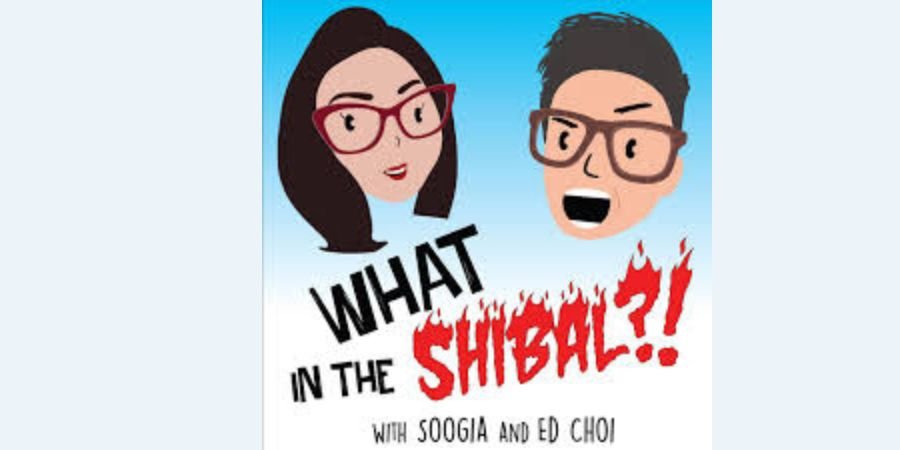“Shibal” is a Korean expression that holds considerable importance in Korean society. It’s frequently utilized as a brutal and insulting expletive and its effect could be quite powerful. In Korean”Shibal,” the word “Shibal” translates roughly to phrases such as “damn,” “bastard,” or perhaps more serious insults. Important to know is that the word “Shibal” is generally seen as vulgar and unsuitable to use in formal or respectable settings.
Even though it’s used in everyday conversations for some young people, and in casual situations the tone of disrespect, could be offensive. The usage of it is something to be treated cautiously. Many times “Shibal” is used to show extreme anger or frustration.
The History and Origins of the Term
The term “Shibal” is deeply ingrained into Korean society. Its history can be traced to the nation’s language history. Its roots are in the Korean language’s extensive collection of expressions and slang that are which convey emotion. As with many expletives “Shibal” has evolved from its literal sense to its present, more metaphorical usage.
The word was made more popular in the world outside Korea due to the worldwide popularity of K-pop, Kdrama as well as Korean films. When these exports of culture were gaining international recognition and recognition, so did the more harsh expressions, such as “Shibal.” The inclusion of the word in mainstream media also consolidated its position within the consciousness of society.
The Usage of “Shibal” in Korean Culture

How “Shibal” Is Used in Conversations
When it comes to Korean, “Shibal” is very rarely used. This is typically uttered during times of frustration, anger, or extreme irritation. The phrase can be used in casual conversation in intimate relationships, but at the same time, the word is considered to be impolite. Its usage is contingent upon the circumstances. Certain Koreans might even employ the phrase amusingly or exaggeratedly, however, the general sentiment remains negative.
Most of the time, “Shibal” is not an expression you’ll find when you’re in business situations. The word is reserved for heated discussions or when a person wants to show their emotion. It’s crucial to understand that this word is context-dependent–while it might be acceptable among friends in informal settings, its use with strangers or in professional situations is seen as extremely disrespectful.
Contexts Where “Shibal” Is Acceptable
Although “Shibal” is an offensive phrase, there are some instances where it can be deemed acceptable, or at a minimum, less severe. Within close circles, especially between friends or members of the same age Sometimes, the term is employed to show anger with no intention to offend.
Popular culture is a popular subject, particularly in K-pop music videos and Korean dramas, you may find “Shibal” used for dramatic impact or in the plot. The depictions may make the word more mellow as well, so viewers who are familiar with Korean media might not see the term as infuriating as viewers who are not familiar with the language. But, in all instances, the word still conveys an element of aggression or anger.
Cultural Significance and Impact of “Shibal”
Shibal in K-pop and Korean Dramas
“Shibal” has found its place in K-pop music as well as variety programs and Korean dramas. It’s employed to alter the mood of a song or scene. It’s not unusual to find this phrase included in an emotionally charged scene, particularly in dramas in which the protagonists are struggling in a state of betrayal, stress, or tension in their emotional state. It’s typically a manifestation of a character’s anger or insecurity.
In the world of K-pop, the usage of the song “Shibal” can also be an effective way of connecting with fans, especially those who are younger and feel similar to being angry or discontent. Though it’s unlikely to convey the anger of these situations, however, it does carry an emotional heft and is a potent instrument for conveying emotion in raw.
How It Reflects Social Norms and Tensions
The usage of “Shibal” is also indicative of more general social tensions that exist within Korean society. This is a reflection of the anger that certain people feel in the face of pressures from academic excellence, expectations from society as well as the work environment. In the context of this, using the word as a metaphor emphasizes the challenges people have in keeping traditional standards in line with contemporary demands. The word gives an outlet for frustrations that could otherwise remain without being expressed.
The Rules of Using “Shibal”

When Not to Use “Shibal”
Although “Shibal” may have its use in casual conversations however there are a variety of situations that should be avoided. This should not be utilized in formal settings such as the office or in business gatherings. Additionally, it’s not appropriate when talking to senior citizens or those who are in an authority position because it can be perceived as disrespectful.
The use of “Shibal” in these situations can lead to social exclusion and misunderstandings or grave implications. It is important to understand the importance of words and select your words carefully, especially in interactions with people who you do not know or with whom you must respect.
Using “Shibal” in Informal Settings
In more informal situations, specifically with friends, the usage in informal settings, particularly with friends “Shibal” may be more acceptable. However, even so, there are risks. If it’s used in a lighthearted humorous manner with people who can respect each other’s rules and boundaries, it may not be offensive. It’s nevertheless advisable to determine the mood of the person as well as the connection you share with your partner before making use of the phrase.
Variations and Alternatives to “Shibal”
| Variation/Alternative | Description | Cultural Context |
| Sibal | A more neutral or formal way of saying the term in Korean. | Used in both casual and formal contexts. |
| Shibu | A slight variation in pronunciation is still considered vulgar. | Common in informal settings, especially among youth. |
| Shil | A shortened version of the original term is still inappropriate. | Used in fast-paced conversations. |
| Jjal | An alternative used in similar contexts with slightly less harshness. | A common slang variant in urban areas. |
| Simba | Used humorously or ironically to soften the meaning. | Often used in playful or mocking contexts. |
| Sihbal | Another spelling variation is still considered offensive. | Often heard in aggressive conversations. |
“Shibal” in Popular Media

Appearances in K-Dramas and Variety Shows
In Korean dramas, “Shibal” is often employed to increase the intensity of the tension of emotions, particularly in scenes with a lot of conflict. This is part of a script’s efforts to produce dramatic moments in which people experience intense emotion. They influence the way viewers take the word and help increase its familiarity even though they may not completely comprehend the significance of its culture.
Similar to variety shows the stars may also use “Shibal” as part of their funny chatter. It is a casual, but sometimes outrageous utilization that is typically intended to create a sense of humor, not real anger. It does, however, help establish the use of this word in daily Korean conversation.
“Shibal” in Online Discussions and Memes
The web has given birth to an entirely new style of slang and swear words, as well “Shibal” is no exception. The word is often used in memes, online conversations as well as posts on social media, and is often employed to express frustration over the present situation or another person. This is part of the fun chatter that defines a lot of social media communication in Korea.
Conclusion
“Shibal” is a powerful emotive word that conveys much of the unrelenting frustration and anger that is prevalent in modern Korean culture. Though it is an expression of casual speech its usage is risky and must be handled with care. It’s an opportunity to observe the dynamics of social life in Korean society as well as a reminder of the many facets of culture and language.
FAQs
Q: Is “Shibal” used in everyday conversation?
A: Yes, “Shibal” is used in informal conversations among close friends or people who are comfortable with each other. However, it should be avoided in formal settings.
Q: Can “Shibal” be used humorously?
A: In some contexts, such as in K-dramas or variety shows, “Shibal” is used for dramatic or comedic effect. It’s important to understand the context before using it humorously.
Q: Is “Shibal” offensive to all Koreans?
A: Yes, “Shibal” is considered offensive, especially when used in the wrong context. It’s important to know when and where it’s appropriate to use such language.
Q: Are there any alternatives to “Shibal”?
A: Yes, softer alternatives like “Aish!” or “Geurae!” can convey frustration without being as harsh as “Shibal.”
Go to Home Page for More Information
